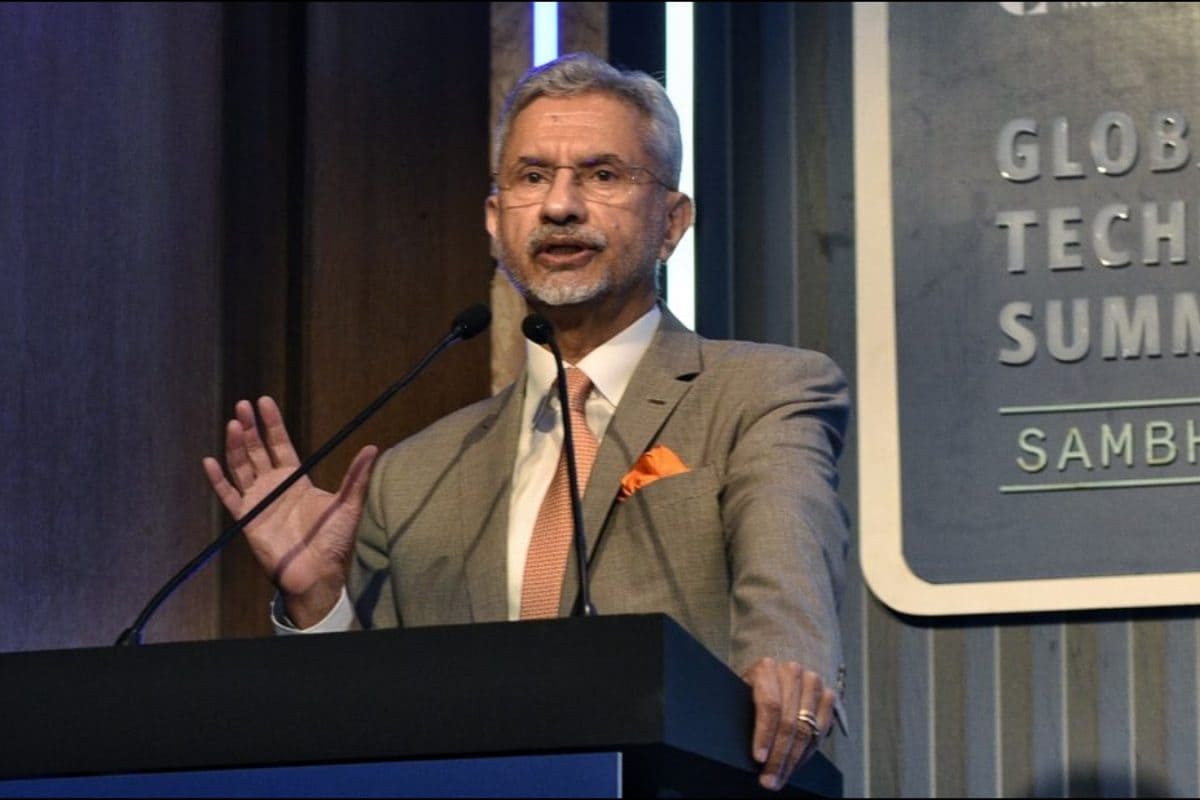

External Affairs Minister (EAM) S. Jaishankar has directly linked the recent terror attack in Pahalgam, Jammu and Kashmir, to the "extreme religious outlook" of Pakistan's Army Chief, General Asim Munir. This assertion, made during an interview with a Dutch broadcaster, marks a significant escalation in India's rhetoric regarding Pakistan's alleged role in cross-border terrorism. The Pahalgam attack, which occurred on April 22, 2025, resulted in the deaths of 26 civilians, mostly tourists, and has triggered a fresh wave of tensions between the two nations.
Jaishankar stated that the attack, which specifically targeted Hindu tourists after ascertaining their faith, was deliberately intended to harm tourism in the region and to create religious discord. He emphasized that understanding the motivations behind the attack requires acknowledging the "extreme religious outlook" prevalent within the Pakistani leadership, particularly that of the Army Chief. He alluded to a connection between General Munir's remarks about the two-nation theory a week before the Pahalgam attack and the subsequent targeting of civilians based on their religion.
General Munir's earlier invocation of the "two-nation theory," which posits that Hindus and Muslims are distinct nations, has been interpreted by some analysts as a signal to extremist elements. Just days before the Pahalgam attack, Munir had reportedly asked Pakistanis to tell their children about the "stark differences between Hindus and Muslims" as the basis for Pakistan's creation. This speech, combined with Munir's description of Kashmir as Pakistan's "jugular vein," has fueled suspicion about the Pakistani military's intentions and its alleged support for cross-border terrorism.
The Resistance Front (TRF), believed to be an offshoot of Lashkar-e-Taiba (LeT), initially claimed responsibility for the Pahalgam attack, stating it was in opposition to non-local settlement in the region. However, the group later denied involvement, blaming Indian cyber-intelligence for the earlier claim. Regardless of the conflicting claims, the attack itself has been widely condemned internationally, with leaders from the United States, Russia, and the European Union expressing their condolences and denouncing terrorism.
Following the Pahalgam attack, India launched "Operation Sindoor" on May 7, targeting what it claimed were terrorist infrastructure sites in territories controlled by Pakistan. This action led to retaliatory strikes from Pakistan, escalating the conflict. However, on May 10, 2025, both countries reached a bilateral understanding to halt military actions after discussions. Despite the ceasefire, Jaishankar has made it clear that India will continue to respond firmly to any future acts of terrorism. He stated that "if the terrorists are in Pakistan, we will hit them where they are," underscoring India's resolve to combat cross-border terrorism.
The EAM's strong statements reflect a hardening of India's stance towards Pakistan, particularly in the wake of the Pahalgam attack. By directly linking the attack to General Munir's "extreme religious outlook," Jaishankar is signaling that India holds the Pakistani military establishment directly responsible for fostering an environment conducive to terrorism. This accusation is likely to further strain relations between the two countries and complicate any future efforts at dialogue or reconciliation.